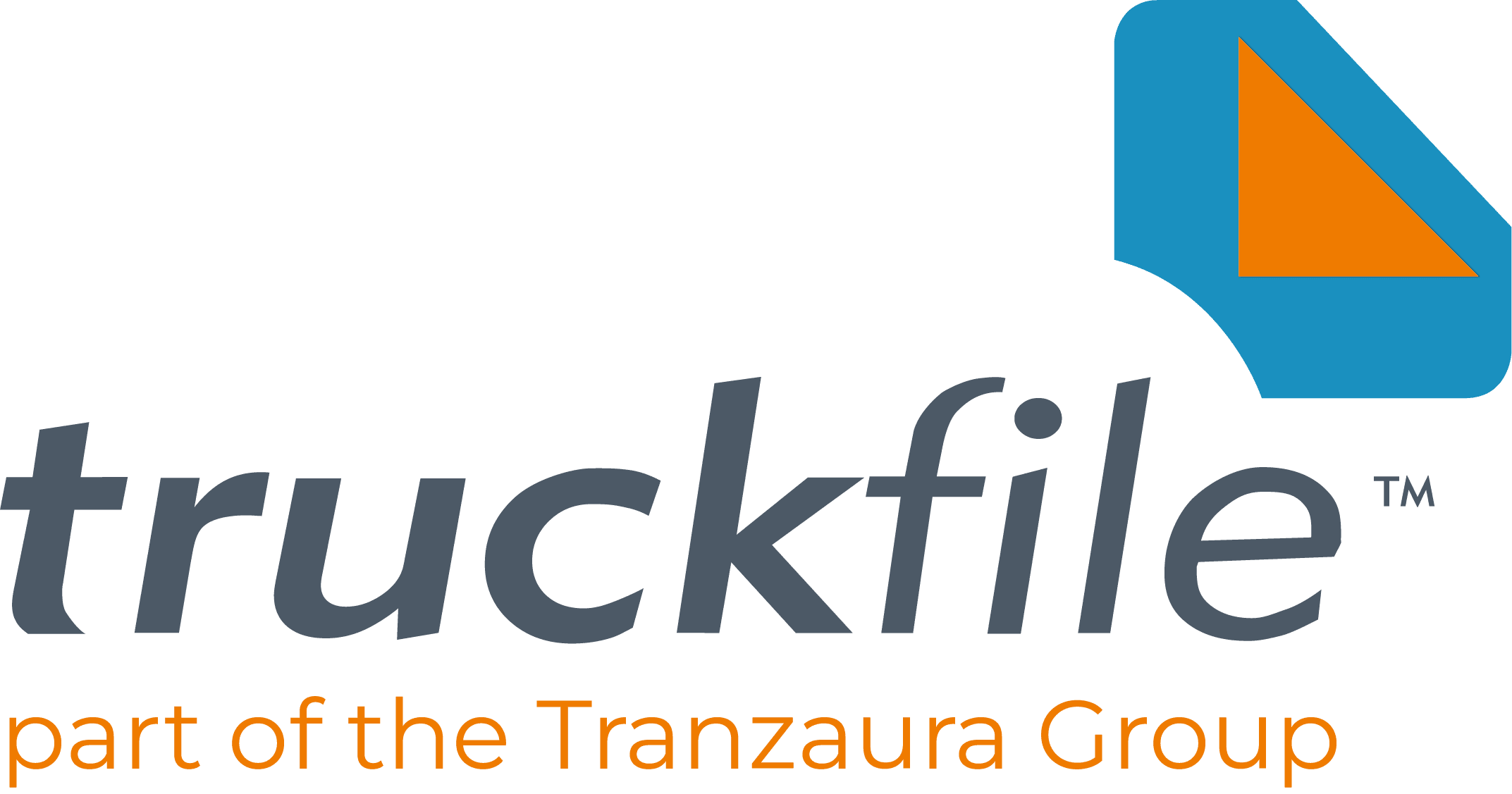Autumn Statement: EVs to be taxed but industry welcomes continued infrastructure investment
The industry has applauded the Chancellor’s commitment to continue investing in infrastructure projects in his autumn statement, but raised concerns that the transition to EVs has been compromised by removing the exemption on vehicle excise duty.
Jeremy Hunt said electric vehicles will no longer be exempt from VED from 2025 in order to make the tax system “fairer”.
As well as confirming that the country was now in recession, the Chancellor said in his autumn statement that investment in big projects such as the Northern Powerhouse Rail and HS2 would still go ahead as planned. He said the government would invest over £600bn over the next five years to “connect our country and grow our economy”.
Logistics UK said it was encouraged that the government’s autumn statement was prioritising stability for the economy after recent volatility and that the commitment to infrastructure projects was “good news for logistics businesses looking to strengthen cross-country connections with their customers”.
Kate Jennings, Logistics UK policy director, added: “However, the removal of VED relief on vans is an unhelpful signal for millions of businesses at a time when they are being encouraged to move away from diesel.
“Most logistics operators work on very narrow margins, with vehicle acquisition schedules planned way in advance to minimise disruption to cash flow. At a time when operators are already facing increased operating costs, the additional tax imposition will create an additional burden: our sector needs more incentives to make the switch to alternative fuels, rather than barriers on the road to net zero.”
More investment needed from the autumn statement
Simon Hobbs, Kinaxia Logistics CE, said the Chancellor’s autumn statement tax announcements were largely predictable, but that the government should be supporting the industry’s transition to greener energy.
“The continued and much-needed investment in our UK infrastructure for at least the next two years is to be welcomed, as is business rates support for some businesses,” he said.
“Other than the infrastructure investment, there was not much positive impact or support for our UK logistics sector.”
The Association of Fleet Professionals (AFP) said the equalisation of VED with diesel and petrol vehicles was disappointing, but not unexpected: “It does feel a little as though the government has given with one hand and taken some back with the other,” said Paul Hollick, AFP chair.
RHA MD Richard Smith said fuel duty should have been reduced, particularly at a time when the costs for road transport firms have increased by over 11%, with fuel alone soaring by almost 40%: “We hope that our proposed essential user rebate, an anti-inflationary measure which will help ease fiscal pressures in the supply chain and reduce the rising cost of living for everyone, will be considered for the Spring Budget 2023,” Smith added.
FleetCheck’s MD Peter Golding said the fiscal autumn statement signalled a new period of austerity and that, for van and truck fleets, next year would be about trying to reduce costs and squeeze out more value from money being spent: “The difficulty is that this will occur at the same time as major strategic shifts in fleet management are occurring, notably electrification, and juggling these priorities will be extremely demanding,” he pointed out.
“We believe that meeting all of these objectives is certainly possible but it’s not going to be easy and will potentially place a great deal of pressure on managers, drivers, suppliers, processes and technology.”
Written by Tim Wallace for Motor Transport © 17 November 2022.
Image by Sophie Jonas on Unsplash
For more help staying compliant, read about our DVSA Earned Recognition fleet and workshop software.
